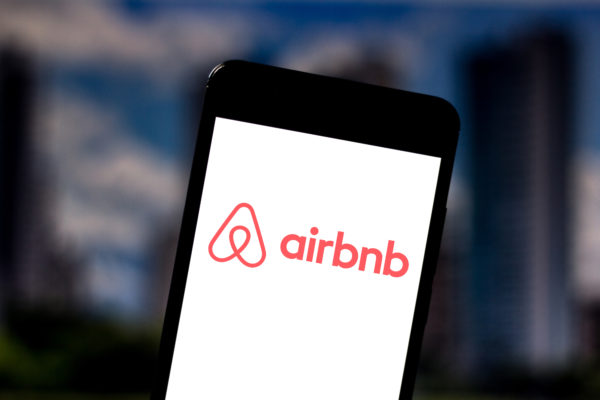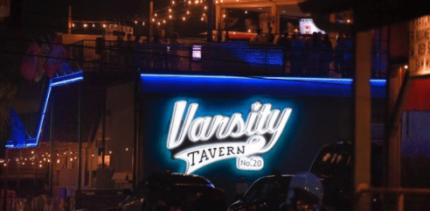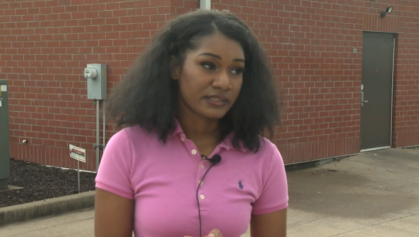After filing a lawsuit alleging Airbnb discriminated against them, three Black women from Oregon have reached a settlement.
The online lodging marketplace was faced with racial discrimination litigation filed by three women: Pat Harrington — who died last year — Carlotta Franklin and Ebony Price, The Oregonian reported. They claimed the website’s requirements for potential renters allowed vacation homeowners to discriminate, in violation of Oregon’s public accommodations laws. Those requirements include hopeful vacation home renters having to use their full names and photos. It’s alleged that the policy means hosts can discriminate against Black users of the app, which infringes on the state’s public accommodation laws.

The plaintiffs have settled for an undisclosed amount in the case.
In two different statements, Airbnb and attorneys for Price, Franklin and Harrington said the company reiterated its dedication to the change it implemented in 2018 concerning photos. The statements also noted Airbnb would “review and update the way profile names are displayed to hosts as part of the booking process.”
Exactly how that would be done was not clear. Airbnb did not elaborate on their statement and the plaintiffs’ attorneys did not wish to conduct an interview with the local paper.
In 2018, the app changed its policy to allow hosts using it not to require photos and noted user images would be displayed to hosts only after they accepted a booking. No further changes were announced Tuesday, Aug. 12.
Last year’s policy change came after one announced in 2016 after several allegations of racial discrimination emerged, Atlanta Black Star reported. At the time, Laura Murphy, a Black attorney who formerly headed the American Civil Liberties Union’s Washington, D.C., legislative office, was brought on board to oversee all aspects of diversity and inclusion on the platform. Among the changes were anti-bias training and a policy instituted called Open Doors in which Airbnb will make similar accommodations within the app for guests who have faced discrimination or make alternative arrangements elsewhere.
The new mandates on the app came after a time when a host of discrimination allegations were hurled at the company. Spawning the hashtag #AirbnbWhileBlack, many Black Twitter users shared their stories of how they had to change their profile photos to images of white people in order to successfully book rooms and homes.
More recently in June 2019, Airbnb removed a host from the app after a video went viral of the host referring to Black men who booked her place to stay as “monkeys.” She asked, “So which monkey is staying on the couch?” as an argument ensued.
There are statistics to support the idea that Black Airbnb users face more discrimination than people other of races who use the platform.
Based on names, Black people are 16 percent less likely to be accepted to rent vacation homes compared to their white counterparts, according to a study conducted by the Harvard Business School in 2016.


